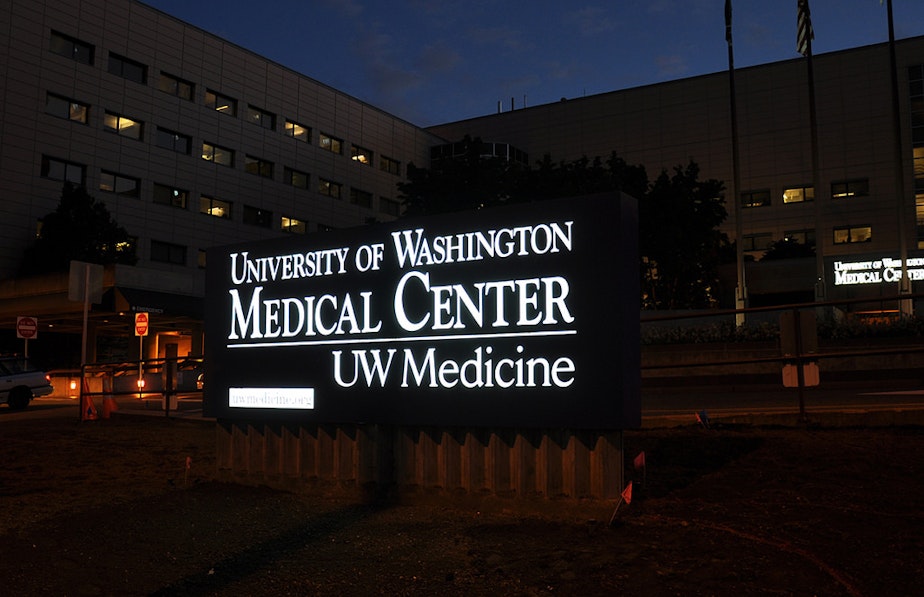Seattle researchers to study malaria drug treatment of coronavirus

A decades-old malaria drug -- that has recently prompted debate and confusion -- will be tested in Seattle and New York to see if it could treat coronavirus patients.
Chloroquine and hydroxychloroquine are used to treat malaria (and sometimes other ailments such as lupus or arthritis). It is among potential treatments that UW Medicine is studying in response to the coronavirus pandemic.
"We currently don’t know if hydroxychloroquine works, but we will learn in as short a timeframe as possible what the outcome is,” said principal investigator Ruanne Barnabas in a statement.
Barnabas is an associate professor of global health in the University of Washington schools of Medicine and Public Health.
The hypothesis around hydroxychloroquine is that it could prevent a virus from entering a cell. That hypothesis has not yet been proven. Evidence that the drug could help fight the virus has so far been anecdotal. Only a couple small studies have touched on it.
UW's study aims to gauge the effectiveness of known drugs on the virus both as a preventative measure and as a treatment after a person is infected. It's budgeted for $9.5 million, drawn from funds provided by the Bill & Melinda Gates Foundation.
Sponsored
UW is asking anyone within western Washington or New York who has been in close contact with a COVID-19 case to contact their health care provider to see about participating. Researchers are seeking 2,000 people.
More information on the study can be found here.
Chloroquine confusion
Chloroquine was invented in the 1930s to treat malaria, which is a parasite and not a virus like coronavirus.
President Trump reportedly said Monday that the federal government will know whether the malaria drug is an effective coronavirus treatment within three days. Chloroquine is reportedly being used to treat about 1,100 COVID-19 cases in New York.
Sponsored
“I think we’re going to have a good idea over the next three days because it’s been used now in New York at my request -- 1,100 people," Trump said. "It’s been used. I think that’s better than testing it in a laboratory. But the doctors tell me no.”
UW Medicine says its study will take eight weeks, however. Results are expected by summer.
Hydroxychloroquine grabbed headlines in recent weeks after Trump called the drug a “game-changer.” That statement has been walked back by medical experts on the White House's own Coronavirus Task Force. Still, the information coming from the White House has concerned medical officials and other experts who warn about making promises that have not been tested.
After hearing such comments, however, some doctors reportedly started hoarding the drug. Others say that chloroquine or hydroxychloroquine should be used earlier when treating COVID-19 patients.
The CDC has warned against using forms chloroquine to treat coronavirus after an Arizona man died and his wife was hospitalized after the two consumed chloroquine phosphate. The wife told NBC they were afraid of getting sick and took the chemical after hearing the president talk about it.
Sponsored
"We saw his press conference, it was on a lot actually," the woman told NBC.
The chemical the couple consumed had chloroquine in it, however, it differed from the drug meant for humans. Rather, it was intended to be used to kill parasites in fish tanks. When speaking with NBC, the woman said she was reminded of her fish supplies after watching the president's briefing.

